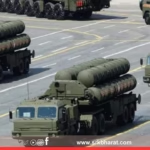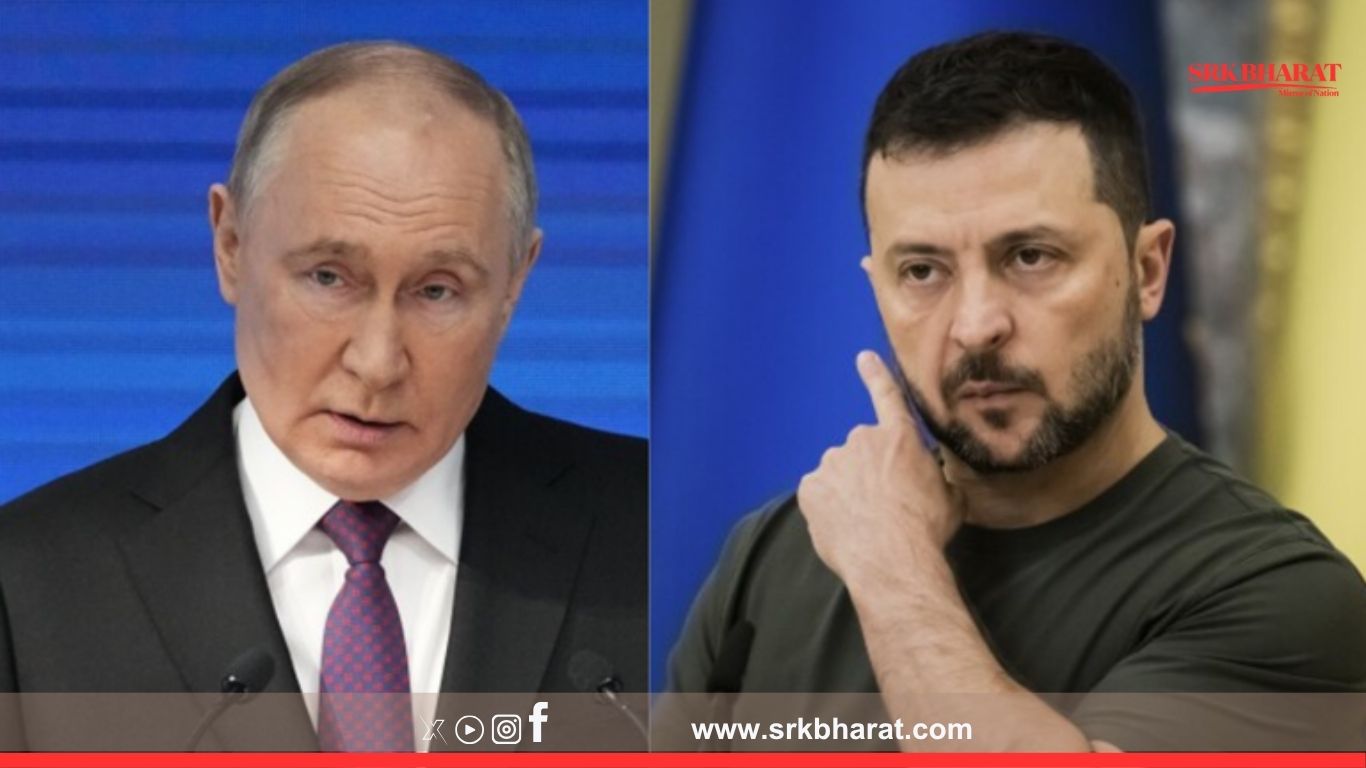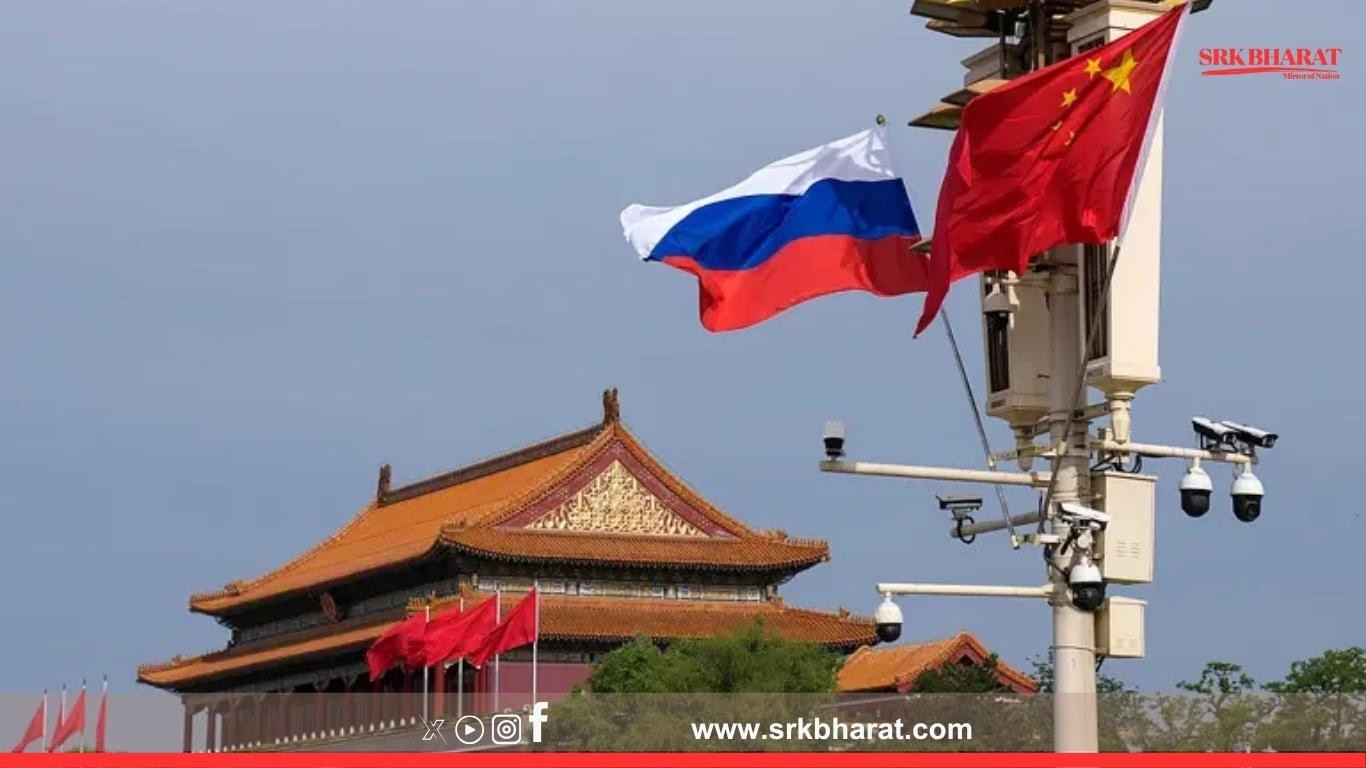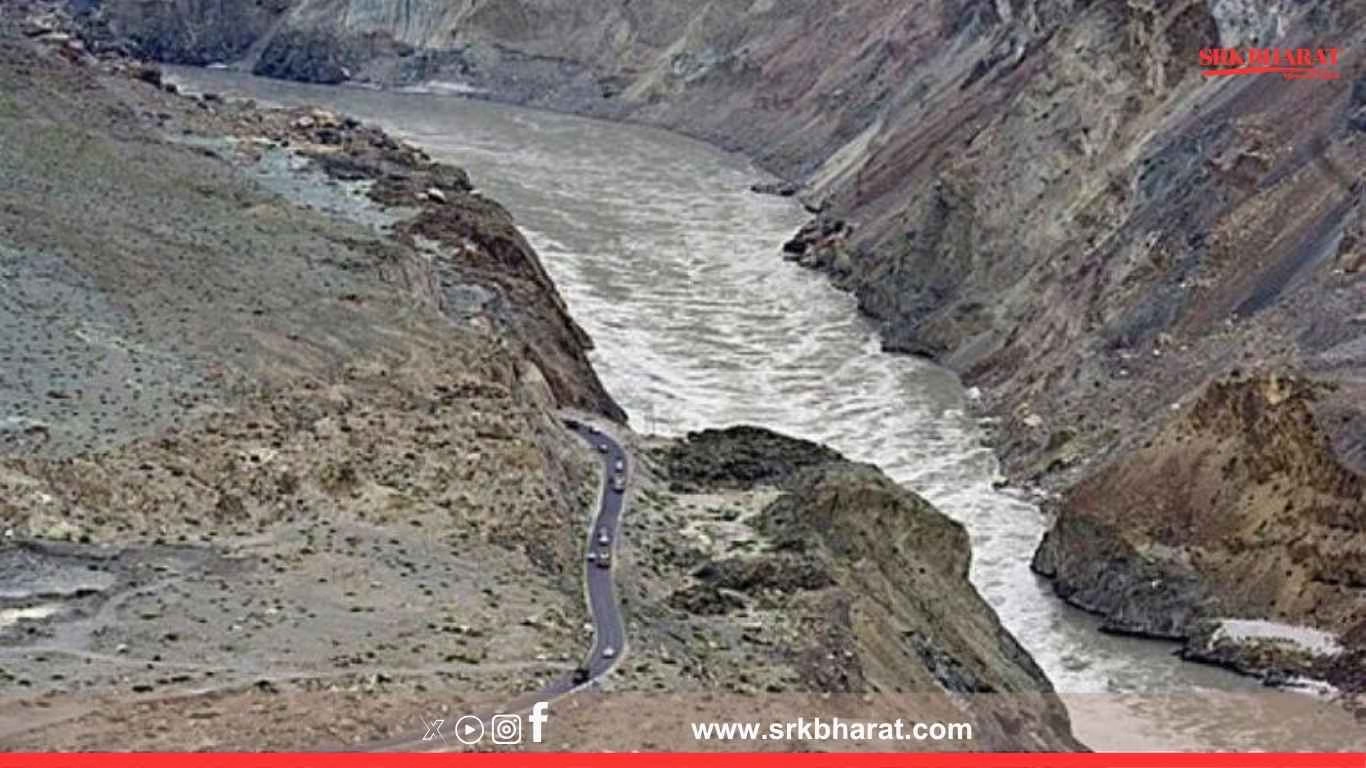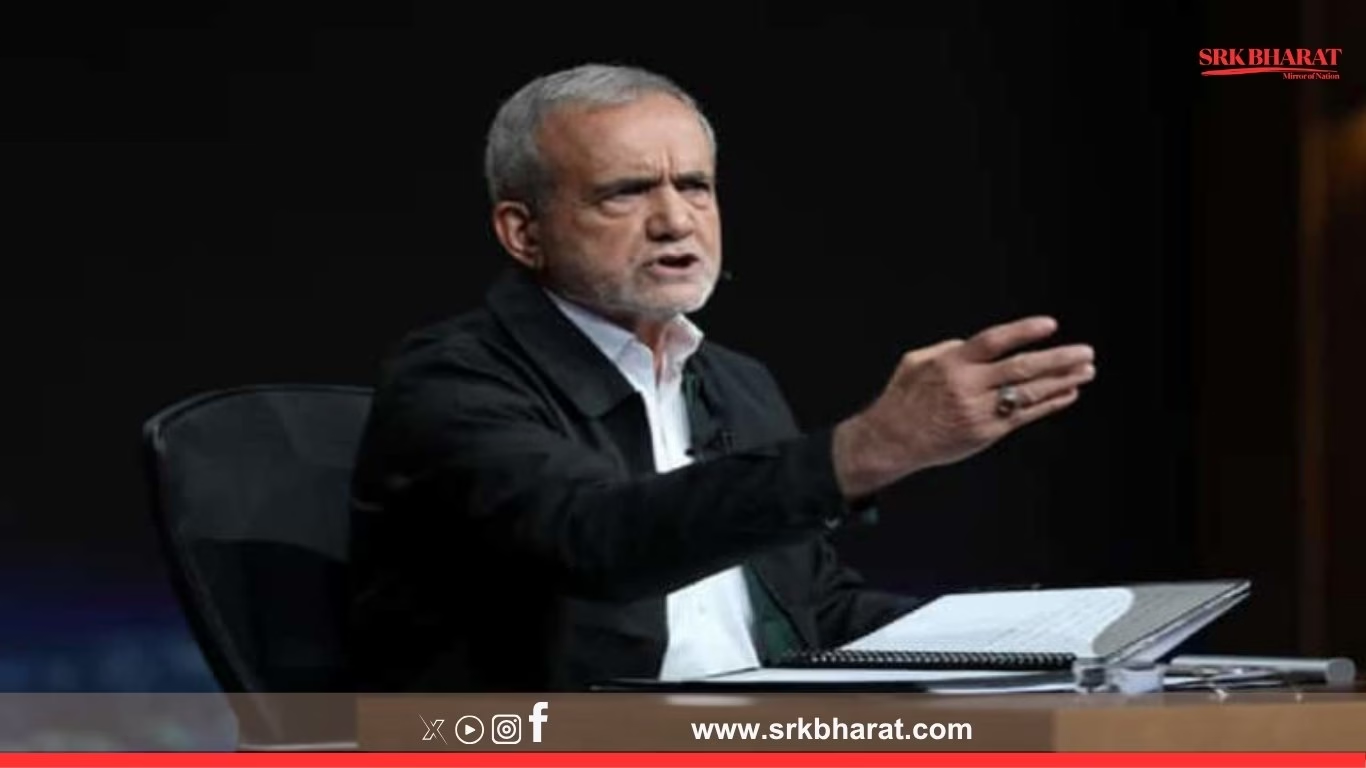In a stunning battlefield blow to Russian President Vladimir Putin’s military leadership, Ukraine has claimed it killed Admiral Sergei Pinchuk, the recently promoted Commander-in-Chief of the Russian Navy, in a precision strike near occupied Crimea, just days after his surprise elevation to the top naval post.
What Happened
According to Ukrainian military intelligence, Admiral Pinchuk was visiting Russian naval command units in Crimea when Ukrainian long-range drones and cruise missiles targeted the facility as part of Kyiv’s escalating counteroffensive to degrade Moscow’s Black Sea combat capabilities.
The General Staff of the Ukrainian Armed Forces stated in an official note:
“As a result of successful strikes on Russian naval command infrastructure, senior leadership losses have been confirmed. Further details will be shared after operational assessments.”
While the Kremlin has not confirmed Pinchuk’s death, multiple Russian military bloggers and Ukrainian defence officials indicated that he succumbed to fatal injuries during evacuation after the attack.
Who Was Admiral Sergei Pinchuk?
| Attribute | Details |
|---|---|
| Full Name | Admiral Sergei Yuryevich Pinchuk |
| Age | 52 |
| Recent Post | Commander-in-Chief, Russian Navy (appointed June 28, 2025) |
| Previous Role | Deputy Commander, Black Sea Fleet |
| Reputation | Regarded as an effective naval strategist close to Defence Minister Andrei Belousov. |
Pinchuk’s appointment just days ago was seen as Putin’s effort to consolidate command amid Black Sea setbacks, replacing Admiral Nikolai Yevmenov after Ukraine’s successful sinking of multiple Russian vessels using sea drones and Storm Shadow missiles in recent months.
Strategic Significance Of His Death
Analysts describe Pinchuk’s killing as:
- A severe psychological blow to Russia’s naval chain of command.
- Disruption to ongoing fleet redeployments and missile defence operations.
- A demonstration of Ukraine’s ability to target senior Russian leadership even in well-defended zones.
Colonel Viktor Kevlyuk, a retired Ukrainian military strategist, said:
“Eliminating the newly appointed Navy chief shows Kyiv’s precise intelligence and striking capabilities. This will cause a ripple effect in Russian naval morale and operational planning.”
Russia’s Official Response
While the Russian Defence Ministry confirmed missile strikes on naval infrastructure in Crimea, it maintained that:
“All senior command staff are alive and continuing their duties.”
However, multiple Telegram channels close to Wagner-linked military bloggers reported emergency medevac operations and heightened security lockdowns around the naval command post targeted.
Russian state media remained silent on Pinchuk’s status, fuelling speculation over his fate.
Broader Black Sea War Context
The Black Sea has been central to Moscow’s power projection and grain blockade tactics. Ukraine, with Western assistance, has:
- Sunk or damaged over 20 Russian naval assets in the past 18 months.
- Forced the Black Sea Fleet to shift from Sevastopol to Novorossiysk, limiting missile strike options on Ukrainian cities.
- Enhanced its operational reach using UK-supplied Storm Shadow missiles and domestically developed sea drones.
Timeline Of Recent Naval Escalation
| Date | Event | Impact |
|---|---|---|
| June 20, 2025 | Ukraine sinks Russian Ropucha-class landing ship near Sevastopol. | Weakens Russia’s amphibious reinforcement capabilities. |
| June 28, 2025 | Putin promotes Sergei Pinchuk as Navy Chief to restore morale. | Signals reshuffle after continued naval losses. |
| July 3, 2025 | Ukrainian strike kills Pinchuk in Crimea. | Creates command vacuum; likely delays naval offensives. |
Implications For Putin’s War Strategy
Experts say Pinchuk’s death will:
- Force urgent leadership reshuffles, risking further disarray in naval operations.
- Strengthen Ukrainian resolve and western confidence in ongoing counteroffensives.
- Pressure Moscow to deploy more air defence resources in Crimea, diluting their use on frontline land battles.
Dr. Pavel Luzin, Russian military analyst at Jamestown Foundation, stated:
“This event proves that no Russian general or admiral is safe. It disrupts operational continuity at a time when the Kremlin needs competent leaders to stabilise battlefield setbacks.”
Western Reaction
NATO strategists view the killing as proof of:
- Ukraine’s improved long-range strike integration with Western ISR assets.
- The vulnerability of Russian senior leadership despite layered defences.
- The effectiveness of targeting command and control structures to paralyse Russian offensives.
Possible Russian Retaliation
Kremlin spokesperson Dmitry Peskov warned:
“Russia will respond proportionately to Ukrainian terror strikes on its leadership.”
Analysts predict intensification of missile barrages on Ukrainian urban centres, though recent Ukrainian air defence upgrades have reduced strike effectiveness.
Ukrainian Morale Boost
On the streets of Kyiv, news of Pinchuk’s reported death was met with celebration. Social media flooded with memes and messages such as:
- “New admiral appointed, new admiral eliminated.”
- “Crimea is Ukraine – we will strike every occupier.”
President Volodymyr Zelenskyy, without naming Pinchuk, said in his nightly address:
“Our defenders are reaching the occupiers wherever they hide. No enemy commander will feel safe on our land.”
Longer-Term Military Impact
| Domain | Consequence |
|---|---|
| Naval Operations | Disrupted fleet redeployment and missile strike planning. |
| Leadership | Russian Navy forced into urgent reorganisation and morale rebuilding. |
| Intelligence | Showcases Ukraine’s superior HUMINT and targeting in occupied territories. |
| Geopolitical | Bolsters NATO and EU resolve for continued military assistance. |
Future Of Russia’s Naval Command
With Pinchuk gone, potential replacements include:
- Admiral Viktor Liina – Northern Fleet commander, known for submarine warfare expertise.
- Vice Admiral Alexander Moiseev – Current Baltic Fleet chief, aligned with Kremlin hardliners.
However, repeated leadership losses undermine confidence in Russia’s ability to manage complex multi-domain operations.
Conclusion
The killing of Admiral Sergei Pinchuk within days of his promotion marks a turning point in the Black Sea conflict. As Ukraine demonstrates its capacity to systematically eliminate Russian military leadership, Moscow faces an intensifying command crisis at a critical juncture in its war effort.
This episode highlights the strategic cost of occupation and the risks faced by Russia’s top brass, potentially reshaping operational dynamics as Kyiv continues its push to reclaim lost territories and dismantle Russian control over Crimea and the southern theatre.
Disclaimer: This report is based on Ukrainian military statements, Russian defence ministry inputs, independent war analyst assessments, and open-source intelligence. It is intended for public informational and analytical purposes.



